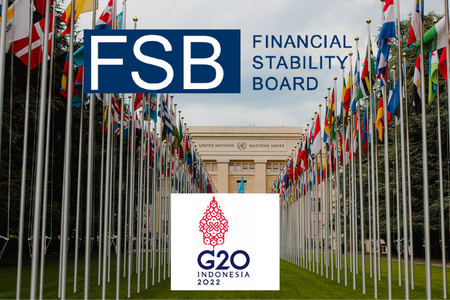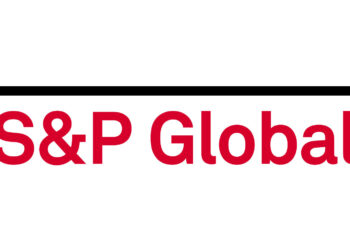On 11 October 2022, the G20-mandated regulatory standard-setter, the Financial Stability Board (FSB), published a consultation paper proposing a framework for the “International Regulation of Crypto-asset Activities”.
The FSB’s proposals are based on a principle it described as “same activity, same risk, same regulation”.
That is, where crypto-assets and crypto intermediaries perform an “equivalent economic function” to one performed by traditional finance (TradFi) assets and intermediaries, they should be subject to “equivalent regulation”.
According to the FBS, regulation should take into account the specific risks of crypto-assets as well as the growing interlinkages between the crypto-asset ecosystem and the TradFi system (noting that crypto could pose financial stability risks to TradFi).
The FSB added that crypto should be subject to:
“comprehensive regulation, commensurate to the risks they pose, while harnessing potential benefits of the technology behind them”
The FSB outlined a set of nine high-level recommendations covering obvious things, such as the need for regulators to have the appropriate powers, tools, and adequate resources to regulate crypto. The FSB also emphasized the need for regulators to cooperate and coordinate with one other.
The recommendations also extend to rules that regulators should impose on crypto firms, such as requiring crypto-asset issuers and service providers to have robust data collection frameworks in place and to provide regulators with access to the data.
These proposals are standard enough, and make sense, for centralized finance (CeFi) entities in the crypto space e.g. exchanges. However, the extent to which (truly) decentralized finance (DeFi) protocols can be subjected to them is an open question that policymakers will need to work through as they develop their regulatory regimes.
The FSB also took the opportunity to propose revisions to its High-level Recommendations for Global Stablecoin Arrangements (see DeFi Planet article on this). Revisions include provisions to strengthen the governance framework, guarantee timely redemption at par into fiat, and maintain effective stabilisation mechanisms, etc.
Surprisingly, the FSB went further by asserting that algorithmic stablecoins, such as Terra/Luna (which was specifically mentioned), would not meet the FSB’s high-level recommendations. The Terra/Luna crisis has of course led to increased regulatory policymaking across the world. See, for example, U.S. Regulator Issues Guidance on Stablecoins, and Japan passes a law legalizing stablecoins.
| Related Reading (Recommended): See DeFi Planet Article: FSB publishes Progress Report on Stablecoin Regulation See DeFi Planet News piece: G20 Regulatory Body Sees Increased Stablecoin Usage As Risky For Financial Stability |
If you would like to read more news articles like this, visit DeFi Planet and follow us on Twitter, LinkedIn, Facebook, and Instagram.
“Take control of your crypto portfolio with MARKETS PRO, DeFi Planet’s suite of analytics tools.”





















